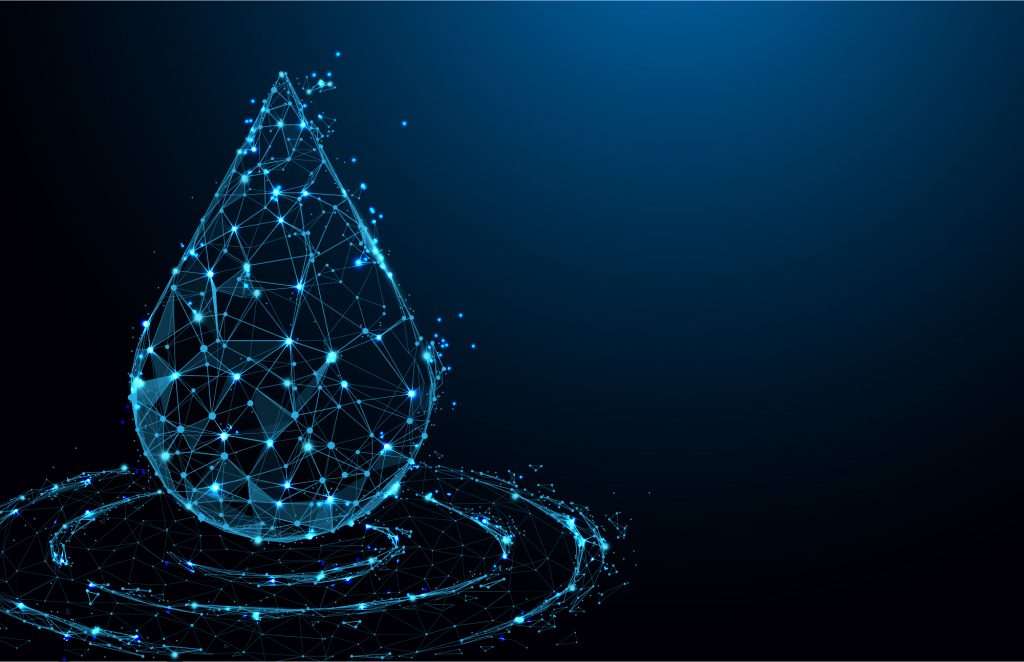- 24th October 2023
AI: The future of the water industry

Earlier this year, Southern Water announced a pioneering project to create a wastewater catchment blueprint using AI technology, the aim of which is to make catchment management more efficient, cost-effective and sustainable. Partnering with other water boards, technology companies and the University of Exeter, this Ofwat funded initiative will see a template created that could be replicated across the industry.
How AI can help
Using AI has been proven to significantly enhance the efficiency and effectiveness of wastewater treatment and overall water resource management. By analysing historical data and real-time sensor information, AI can provide insights that enable proactive maintenance, which reduces downtime and prevents costly breakdowns. It also uses algorithms to optimise the treatment processes in wastewater treatment plants, adjusting factors such as chemical dosages, aeration and flow rates in real-time to ensure efficient pollutant removal and minimise energy consumption.
AI can continuously monitor water quality by analysing data from various sensors, including pH, clarity, chemical concentrations and microbial content. If there are any deviations from quality standards, AI systems can trigger alarms and adjustments in the treatment process. Similarly with regard to leak protection, AI-powered systems can analyse live data from pressure sensors, flow meters and acoustic sensors. This helps reduce water loss and prevent contamination of freshwater.
AI can also help monitor the environmental impact of wastewater discharges by analysing water quality, biological diversity and the effects on nearby ecosystems. It can identify anomalies in the data that may indicate illegal discharges or contamination events, allowing for rapid response and enforcement. This information can inform regulatory compliance and sustainability efforts, a hot topic for the water industry at the moment.
With regard to energy efficiency, AI can optimise energy consumption by managing pumps, blowers and other equipment in wastewater treatment facilities. This reduces both operational costs and the environmental footprint of the process. It can even tell the future! (Well, sort of.) AI can predict wastewater flow patterns and volumes based on historical data and weather forecasts, aiding in capacity planning and flood prevention.
The future of the industry
Integrating data from various sources, including SCADA systems, IoT sensors and meteorological information, AI can provide a holistic view of the wastewater catchment area. This aids in understanding and managing the entire wastewater ecosystem.
In summary, the results of this project could see operational efficiencies, higher water quality, a reduction in energy consumption, and more sustainable water resource management practices across the industry.
Aaron Edwards, Senior Recruitment Consultant and water industry specialist commented, “This project will be the catalyst for increased demand for Design-focused professionals and Modellers, both on a contract and permanent basis. It’s all-round great news for the water industry: enhancing performance and having a positive impact for communities.”
Do you work in the water industry? Get in touch today to find out what opportunities we have available, or which of our tailorable talent acquisition solutions would be right for your hiring needs.

